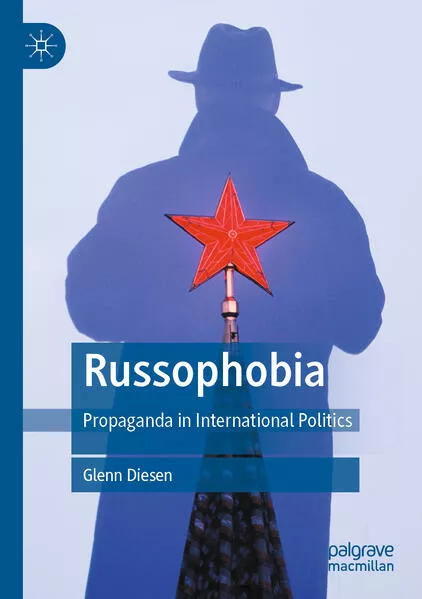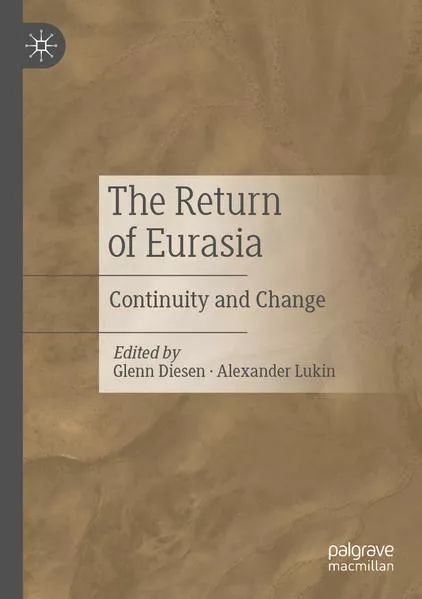
- Publikationen ca: 4
- Buchbewertungen ca: 14
- Fragen & Antworten
Glenn Diesen
Glenn Diesen is Professor at the University of South-Eastern Norway (USN). His research focus is Russia’s Greater Eurasia Initiative as a geoeconomic and conservative concept. Diesen’s latest books are EU and NATO relations with Russia: After the collapse of the Soviet Union (2015); Russia’s Geoeconomic Strategy for a Greater Eurasia (2017); The Decay of Western Civilisation and Resurgence of Russia: Between Gemeinschaft and Gesellschaft (2018); Russia in a Changing World (2020); Russian Conservatism: Managing Change under Permanent Revolution (2021); and Great Power Politics in the Fourth Industrial Revolution: The Geoeconomics of Technological Sovereignty (2021).
Alexander Lukin is Head of Department of International Relations and International Laboratory on World Order Studies and the New Regionalism at National Research University Higher School of Economics (HSE University). He is the author of The Political Culture of the Russian Democrats (Oxford University Press, 2000), The Bear Watches the Dragon: Russia’s Perceptions of China and the Evolution of Russian-Chinese Relations since the Eighteenth Century (M.E.Sharpe, 2003), Grasping Russia with your Mind (with Pavel Lukin, Ves’ Mir, 2015, in Russian), Pivot to Asia: Russia’s Foreign Policy Enters the 21st Century (Vij Books India, 2016), China and Russia: The New Rapprochement (Polity, 2018), Russia: A Thorny Transition from Communism (Vij Books India, 2019), as well as numerous articles and policy papers on international relations, Russian and Chinese politics.
Russophobia
This book defines Russophobia as the irrational fear of Russia, a key theme in the study of propaganda in the West as Russia has throughout history been assigned a diametrically opposite identity as the “Other.” Propaganda is the science of convincing an audience without appealing to reason.
The Return of Eurasia
This book defines Eurasianism, a political idea with a long tradition, for a new century. Historically, Eurasia was depicted as a “third continent” with a geographical and historical space distinctively different from both Europe and Asia. Today, the concept is mobilized by the Russian foreign policy elite to imagine a close relationship with China and indirectly inspires the Chinese Belt and Road Initiative.
Russophobia
This book defines Russophobia as the irrational fear of Russia, a key theme in the study of propaganda in the West as Russia has throughout history been assigned a diametrically opposite identity as the “Other.” Propaganda is the science of convincing an audience without appealing to reason.
Russophobia
This book defines Russophobia as the irrational fear of Russia, a key theme in the study of propaganda in the West as Russia has throughout history been assigned a diametrically opposite identity as the “Other.” Propaganda is the science of convincing an audience without appealing to reason.



